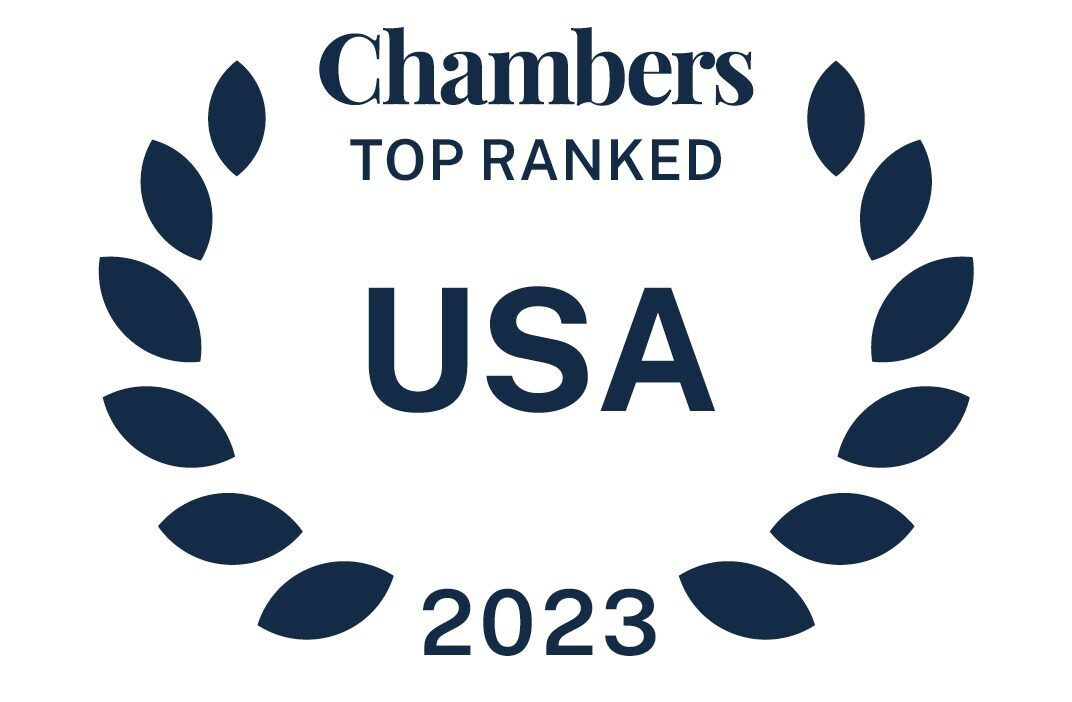In an effort to address the need for increased access to behavioral health services, Illinois has passed a series of bills that meaningfully expand the reimbursement of telehealth services delivered to its Medicaid patients. Illinois’ legislators, telemedicine advocates, healthcare providers and patient advocacy groups collaborated in an impressive effort to develop focused and targeted legislative solutions that effectively balance the need to get critical behavioral health services to patients in need with long-standing concerns that increasing access via telehealth will result in greater health care costs to a state already experiencing severe financial challenges.
Governor Bruce Rauner advised that these “initiatives work together to improve the quality of care and hopefully the quality of life for so many Illinoisans suffering from mental health and substance use disorders.” Supporters of the legislation are optimistic that these changes will further expand telehealth programs in Illinois, continuing the growth experienced in the past several years.
As a result of changes to the Illinois Public Aid Code (305 ILCS 5/5-5.25), the following will receive reimbursement from the Department of Healthcare and Family Services (“Department”) for delivering telehealth services that meet applicable requirements:
- Clinical psychologists
- Clinical social workers
- Advanced practice registered nurses certified in psychiatric and mental health nursing
- Mental health professionals and clinicians who are authorized by Illinois law to provide mental health services to recipients via telehealth (in addition to psychiatrists and federally qualified health centers)
The Department is also required to reimburse any Medicaid certified eligible facility or provider organization that acts as the originating site (i.e., the location of the patient at the time a telehealth service is rendered), including substance abuse centers licensed by the Department of Human Services’ Division of Alcoholism and Substance Abuse.
In addition to these changes, the Illinois Telehealth Act’s definition of a “Health care professional” (225 ILCS 150/5) has been revised to include dentists, occupational therapists, pharmacists, physical therapists, clinical social workers, speech-language pathologists, audiologists, and hearing instrument dispensers. As a result of this change, these professionals are now explicitly subject to the Illinois Telehealth Act’s requirements.
Finally, the Illinois Insurance Code (215 ILCS 5/356z.22) has been amended to require that any individual or group policy of accident or health insurance that provides coverage for telehealth services also provide coverage for telehealth services provided by licensed dietitian nutritionists and certified diabetes educators to senior diabetes patients. The amended section clearly states that this change is intended to “remove the hurdle of transportation for senior diabetes patients to receive treatment.” While this change is a step in the right direction, Illinois remains in the minority as one of the states without a telehealth coverage and/or payment parity law. The vast majority of states have parity laws that, at a minimum, include a coverage requirement, mandating certain types of payors to approve and reimburse certain telehealth encounters the same as they would in-person medical encounters.
*****
The Illinois legislators who sponsored the passed legislation will be recognized for their efforts at the 2018 Telehealth Awards Luncheon organized by the Partnership for a Connected Illinois scheduled at the Chicago office of McDermott Will & Emery on November 13, 2018. Please contact Laura Lewandowski for additional details on registration.
The author thanks McDermott Summer Associate Emily Edwards for her research contributions to this article.



